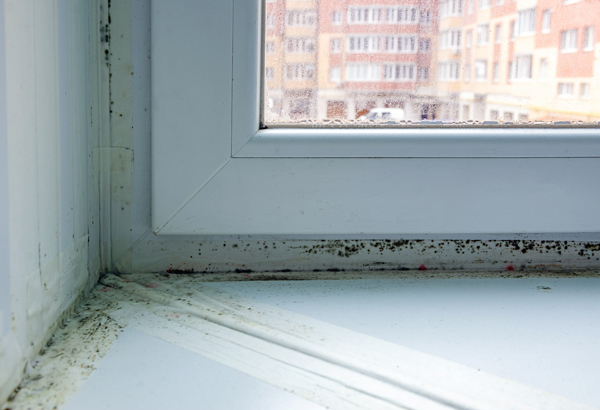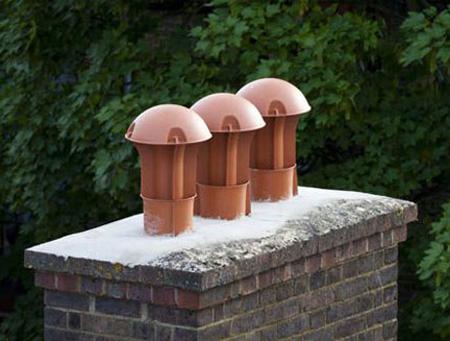The ASCP launches new damp and mould course

The Association of Safety and Compliance Professionals (ASCP) has launched a new course; the Level 2 VRQ Award in Understanding and Prevention of Damp and Mould in Housing. Designed specifically for those engaged in the provision of social housing; the course seeks to support the sector in light of recent events by raising awareness of damp and mould prevention and control.
- Read more about The ASCP launches new damp and mould course
- Log in to post comments


















